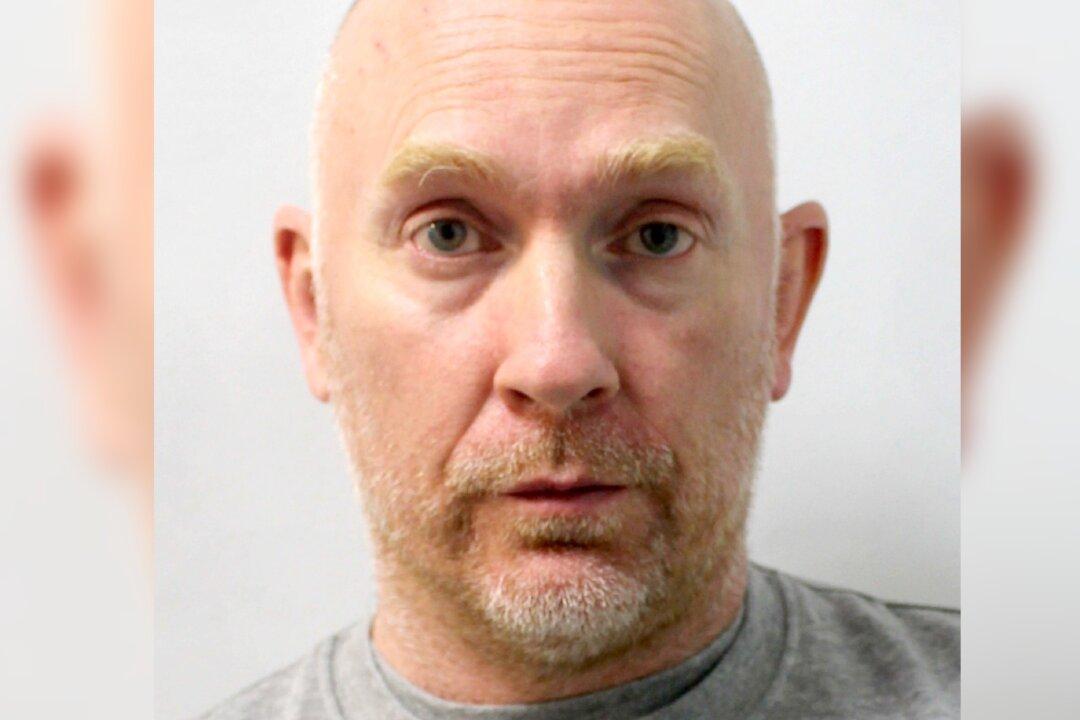Thousands of corrupt or unsatisfactory police officers may be working in England and Wales because of poor standards of vetting during the recruitment process, a watchdog has stated.
His Majesty’s Inspectorate of Constabulary and Fire & Rescue Services (HMICFRS) looked at the vetting of recruits in eight police forces and found many had joined despite having criminal records or links to organised crime.





